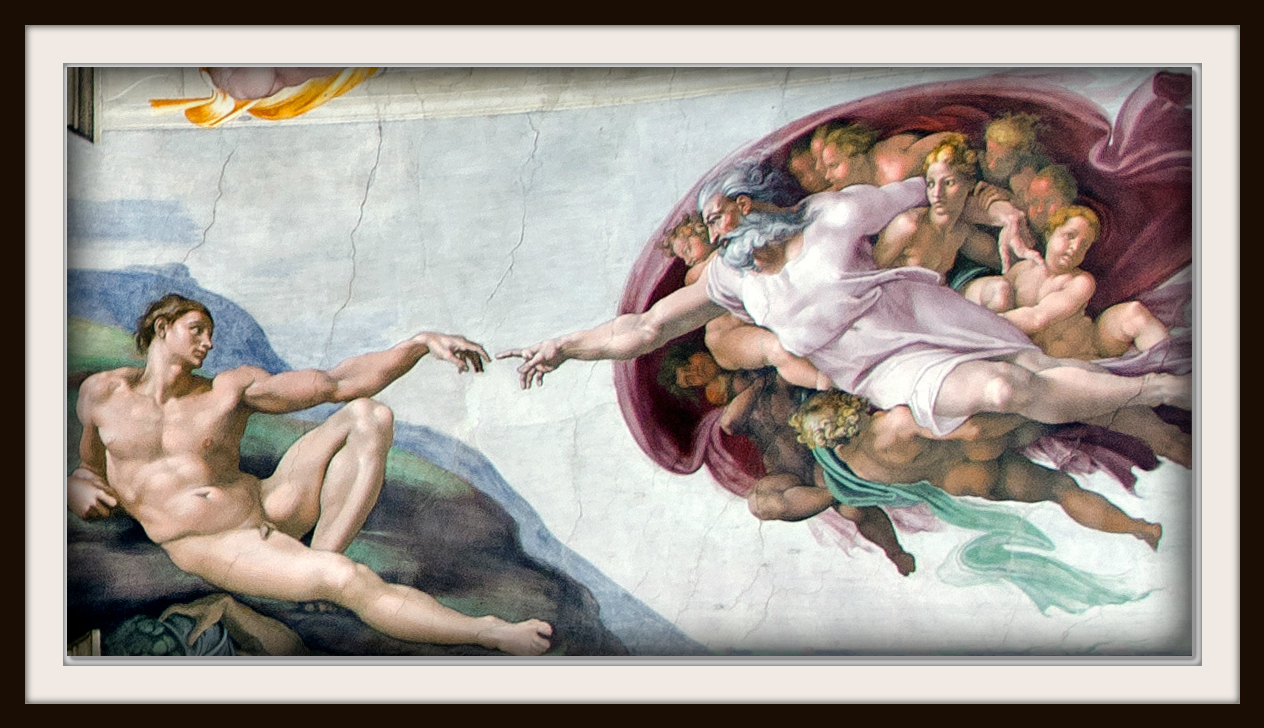In modern college art classes, anyone daring to defend the idea that objective beauty exists will be branded as intellectually inferior. Yet beauty has undergirded Western culture from its very genesis. For most of Western history, beauty has been considered real, objective, and even to some degree measurable.
The theme of beauty is prevalent in the Bible. The Psalms echo divine strains of beauty through poetry, prayer, music, and worship. But what does beauty have to do with our current cultural moment? How does it impact our relationships? What does it contribute to solving problems in our most difficult times?
It’s been taken for granted in recent decades that beauty is subjective. This is not the traditional Western view; indeed, it was considered a fallacy similar to the denial of ultimate truth. We may have different opinions about which things are most beautiful – but ultimate beauty must, and does exist. “If beauty is subjective … then it seems that the word has no meaning,” according to the Stanford Encyclopedia of Philosophy.
Yet in today’s culture, to assert objective beauty exists is to enter upon dangerous ground. If we ask what beauty is, we must then answer what it is for and Who produced it. For those who deny God, the beauty of art demands a substitute cause and source.
Modern culture has produced a uniform substitute: the self. When considering his artistic endeavors, Charles Baudelaire stated, “It is useless and tedious to represent what exists, because nothing that exists satisfies me. … I prefer the monsters of my fantasy to what is positively trivial.”
This line of thinking leads down a perilous road – and not merely for the definition of art. In this point of view, I define beauty. I am my inspiration. I am the source of every idea. I define the quality of what I have produced. I am “the way, the truth, and the life.” When the motivation behind everything done is simply the fact that You Are while rejecting the I AM, answers run dry.
Like Baudelaire, C.S. Lewis understands the struggle of this world, but draws a different conclusion: “If I find in myself desires which nothing in this world can satisfy, the only logical explanation is that I was made for another world.”
This is the ultimate Beauty everyone craves. Even those who do not acknowledge the divine crave another world and can catch glimpses of it. Victor Hugo captured this truth when he wrote in Les Miserables, that “to love another person is to see the face of God.” The artwork we create while living engaged with God’s creation and beauty will frequently reflect Him, capturing the beauty of the people and environment which He has placed around us.
Roman Catholic theologian Hans Urs von Balthasar recognized the link between beauty, truth, and God – and the tragic results that occur when these relationships are ignored. “In a world without beauty … the good also loses its attractiveness,” he wrote. He continued:
Since nothing else remains and yet something must be embraced, twentieth-century man is urged to enter this impossible marriage with matter, a union which finally spoils all man’s taste for love … Man stands before the good and asks himself why it must be done and not rather its alternative, evil. For this, too, is a possibility, and even the more exciting one.
Filling our lives not only with truth and relationship with our Father and Jesus Christ, but with beauty is encouraged and highlighted in the Psalms, Proverbs, Ecclesiastes, and scattered throughout the rest of the Bible. Immediately following an assurance of God’s presence and peace in our lives as we trust in Him, the Apostle Paul leaves us with this instruction: “Finally, brothers, whatever is true, whatever is honorable, whatever is just, whatever is pure, whatever is lovely, whatever is commendable, if there is any excellence, if there is anything worthy of praise, think about these things” (Philippians 4:8-9).
In times when people are thirsting after answers more than ever, we cannot forget our need to acknowledge the presence and value of beauty. It may remind us of what is true, what is good, what is lovely – and thus bring us back to our Creator.
(Photo credit: Steve Corey. CC BY-ND 2.0.)

